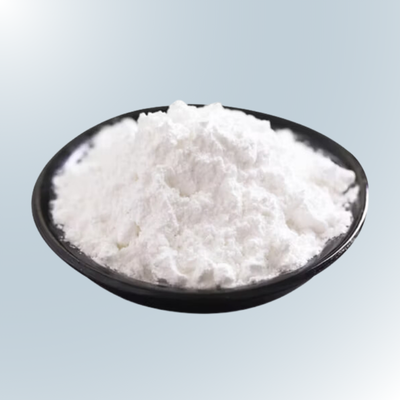
Sebacic Acid
Applications: Manufacture of nylon, plasticizers, and corrosion inhibitors.
Sebacic Acid is a dicarboxylic acid derived from castor oil. It is a white crystalline powder or flakes that serves as a versatile raw material in numerous industrial and commercial applications. Known for its biodegradability, thermal stability, and low toxicity, sebacic acid is widely used in the production of polymers, lubricants, plasticizers, and cosmetics. Its renewable origin from castor oil makes it an eco-friendly alternative in sustainable manufacturing processes.
Applications of Sebacic Acid
- Polymers and Plastics:
- Used in the synthesis of nylon-6,10 and other polyamides.
- Acts as a precursor in bio-based polyurethanes and biodegradable plastics.
- Plasticizers:
- Enhances the flexibility of polymers such as PVC and other synthetic materials.
- Lubricants and Greases:
- Key ingredient in the production of high-temperature and biodegradable lubricants.
- Cosmetics and Personal Care:
- Utilized in skin creams, deodorants, and lotions for its emollient properties.
- Pharmaceuticals:
- Acts as an excipient in controlled-release drug formulations.
- Coatings and Adhesives:
- Improves durability and performance in specialty coatings and adhesives.
- Flame Retardants:
- Used in the production of eco-friendly fire-resistant materials.
- Industrial Applications:
- Raw material for alkyd resins, used in paints, varnishes, and coatings.
Advantages of Sebacic Acid
- Sustainability:
- Derived from renewable castor oil, reducing dependency on petrochemicals.
- Eco-Friendly:
- Biodegradable with low environmental impact.
- Performance-Driven:
- Enhances durability, flexibility, and thermal stability in end-use applications.
- Wide Application Range:
- Supports industries from cosmetics to heavy industrial manufacturing.
- Cost-Effective:
- Offers value-added solutions with long-term performance benefits.





Reviews
There are no reviews yet.